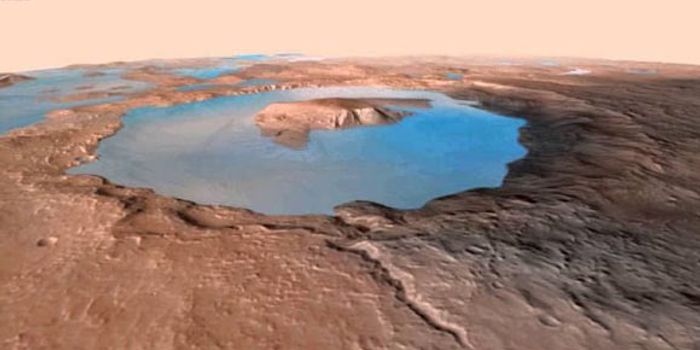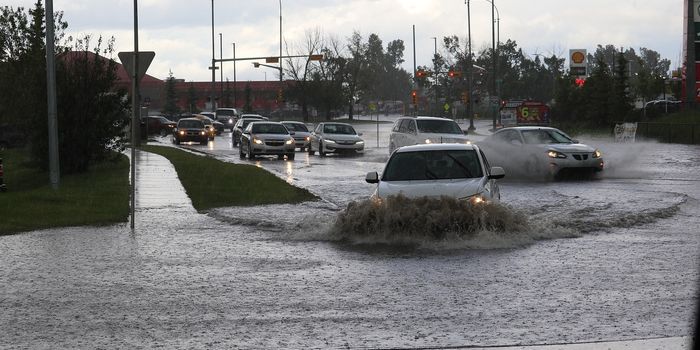New Research Doubles the Social Cost of Carbon to Over $280 per Ton
What is the cost of one additional ton of carbon dioxide emitted, officially called the social cost of carbon (SCC)? This is what a recent study published in the Proceedings of the National Academy of Sciences hopes to address as an international team of researchers challenged previous literature that provided SCC estimates, which helps determine policies designed to combat climate change. This study holds the potential to help scientists, legislators, and the public better understand a more accurate SCC forecast and the steps that can be taken to continue to combat climate change.
For the study, the researchers conducted a massive literature review comprised of 1,823 SCC estimates across 147 studies, along with conducting surveys with each study’s first author. These survey results revealed opinions that the SCC was drastically underestimated, which had an average of $132 per ton, with the surveyed authors noting missing variables into the final SCC estimates, including model undersampling, high discount rates, and damage descriptions. Once the researchers input these new variables into a machine learning model, they discovered the average SCC is $283 per ton, much higher than these previous estimates.
“When people worry about climate change, they worry about the risk and uncertainty it causes,” said Dr. Frances Moore, who is an associate professor in the Department of Environmental Science and Policy at UC Davis and lead author of the study. “They worry about long-term, persistent accumulating effects, such as climate change acting as a drag on economic growth. They worry about impacts to very unique natural systems or cultural heritage that are just irreplaceable. Those are what keep people up at night about climate change, and those are not fully included in SCC estimates currently used for policymaking.”
As noted, the SCC helps legislators create climate change policies with the goal of combating climate change, including greenhouse gas emissions regulations, carbon pricing, and climate change mitigation strategies. Therefore, this new estimate could either help or hurt climate change policies, specifically since the average SCC estimate is far higher than previous estimates.
How will this new SCC estimate help combat climate change in the coming years and decades? Only time will tell, and this is why we science!
As always, keep doing science & keep looking up!
Sources: Proceedings of the National Academy of Sciences, UC Davis, EurekAlert!, Resources for the Future
Featured Image: Oil pipeline just north of Fairbanks, Alaska. (Credit: Malcolm Manners)








